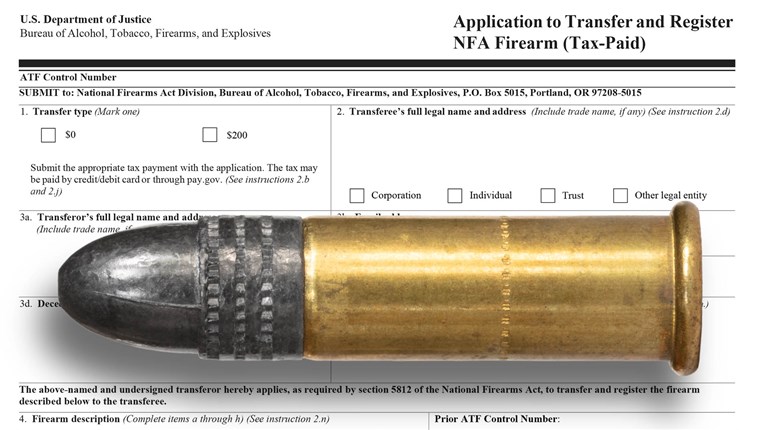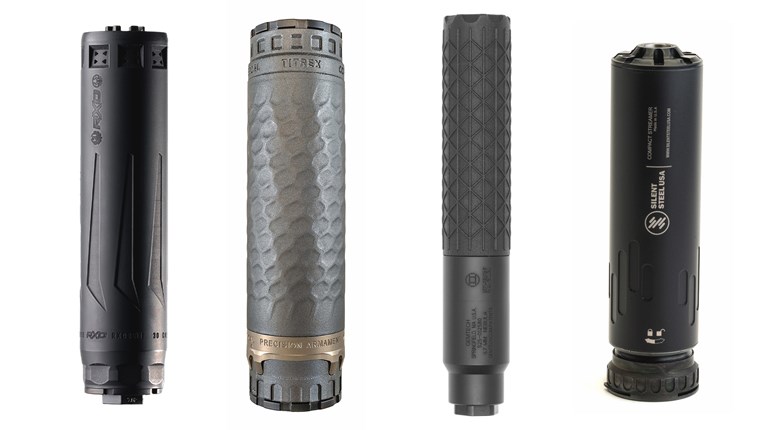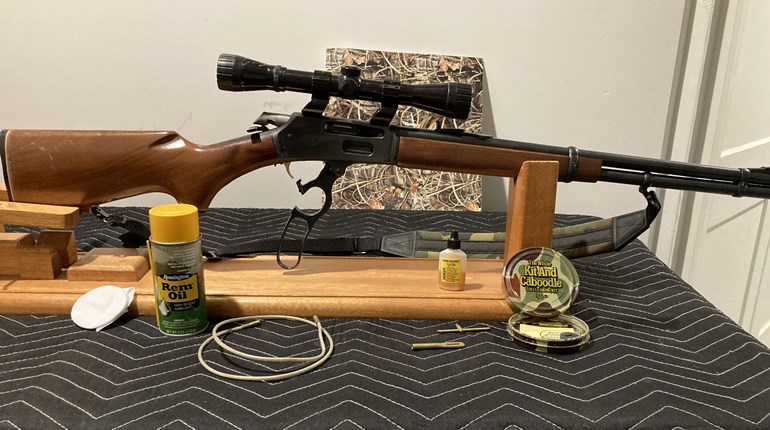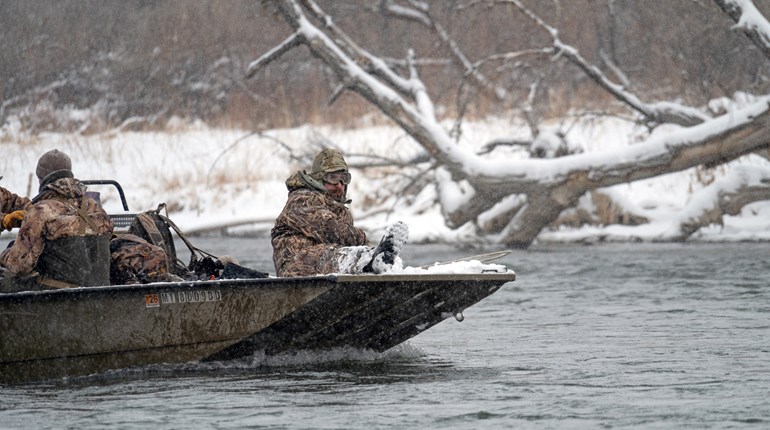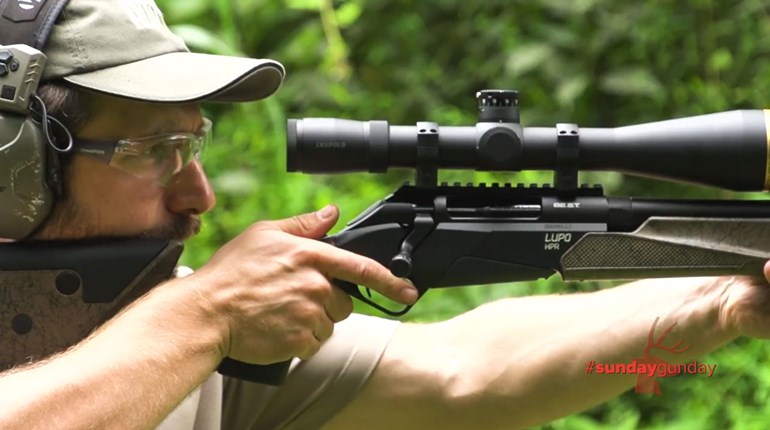
Silencers for firearms were made in 1902 by Hiram Percy Maxim in lock-step with another one of his inventions, the car muffler. This makes sense because both products utilized nearly identical technology. Today car mufflers are mandated by the government, while firearm suppressors are highly regulated by it. That doesn't make any sense at all.
Fact is, silencers, also called suppressors, are rarely used in crime but offer myriad advantages. While they are not silent-supersonic projectiles still make a whip-like crack as they break the sound barrier-suppressors mitigate noise at the muzzle of the gun so it's not as dangerous to nearby ears. They also reduce recoil. They promote accuracy via less recoil and less flinch-inducing noise. Finally, they reduce noise complaints from non-shooters.
With NRA-ILA's legislative efforts, firearm suppressors are legal to own in 39 states and legal for hunting in 34. But they remain rather expensive and difficult to purchase due to the BATF's restrictions. Nonetheless, if you can purchase a handgun you can likely own a silencer, and you probably should. Your ears, your neighbors and your shooting will benefit. Here's how:
1. If silencers are legal to own in your state (this includes AL, AK, AZ, AR, CO, CT, FL, GA, ID, IN, KS, KY, LA, ME, MD, MI, MS, MO, MT, NE, NV, NH, NM, NC, ND, OH, OK, OR, PA, SC, SD, TN, TX, UT, VA, WA, WV, WI, and WY) pick one that fits your shotgun, handgun or rifle at your Class III arms (machine guns, etc.) dealer. Its serial number will be used for the registration process, but you won't be able to purchase it or take it home until it is registered to you by the BATF's NFA branch. Alternatively, there are online retailers where you can buy a silencer online. You'll still have to go through the following steps,but they streamline the process by doing most of it for you, then shipping your silencer to your local dealer.
2. Before you can purchase a silencer you must be approved and your silencer registered by the BATF. There are three ways to register the suppressor for purchase. A: Register it to yourself; B: Form a trust and register the suppressor to that trust; or C: Register as a corporation. Many legal experts advocate option B for personal suppressor purchase.
Forming a trust requires a legal document to be filed with the state. It can cost anywhere from $100-$500 in legal fees, but it makes buying a suppressor easier because trust holders can forgo the fingerprint, photograph and authority's signature portions of the registration process. While individuals cannot let anyone use their silencer if they are not within the owner's eyesight, trust holders can allow those listed on the trust as trustees to use the silencer. There are a handful of companies that help prospective owners/trusts in compiling the necessary paperwork and securing the BATFE registration. These firms are also in the business of selling suppressors, so their main purpose is to ease the burden on customers. The most efficient we’ve seen is Silencer Central (silencercentral.com). While based in South Dakota, they are licensed to operate in all 42 states where suppressors are currently legal. As such Silencer Central manages the process from the start to the end to deliver the product right to your door. Others, like The Silencer Shop (silencershop.com) and the manufacturer Silencerco (silencerco.com) sell ready-made trust paperwork on their websites. Or you can contact a local attorney who's familiar with your state's trust laws.
3. Fill out the BATF's required forms, form 4 and form 5330.20, in duplicate. If you're registering as an individual, you'll need to get fingerprinted and photographed. Ask your dealer about the forms and proper fingerprint cards.
4. Pay the $200 transfer fee (commonly called a tax stamp) to the BATF. In addition to this cost, your dealer will often charge a transfer fee for completing the paperwork, mailing it and receiving and transferring the suppressor.
5. When the BATF receives your paperwork and fee and approves your form 4, your dealer is then authorized to transfer the silencer to you, via a standard form 4473 used in firearm purchases. The tax stamp stays with the silencer for as long as you own it; it can be used on various guns. If you go to buy another silencer, the entire process (except setting up a trust) must be completed again and another $200 paid for each silencer purchased.
In the end, you'll have a firearm that's fun to shoot, safe for your ears and easy on the neighbors.
Are you curious about what to look for in a suppressor? Click here for the author's follow-up article!













